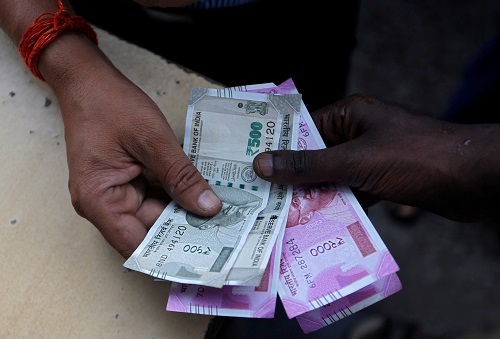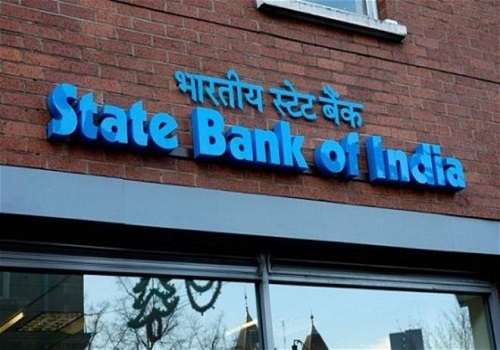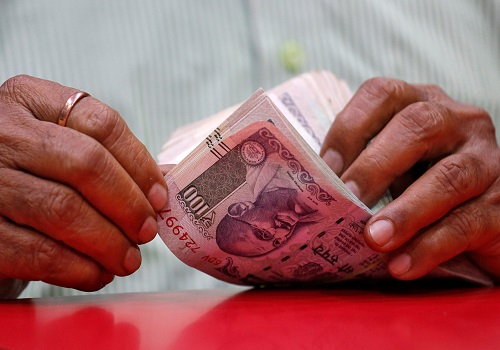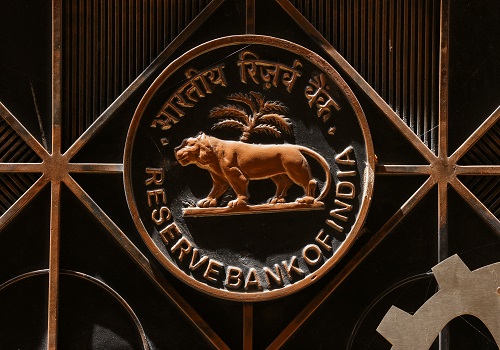88% of Rs 14K cr AIF funding goes to startups in 5 states; Karnataka tops list

Follow us Now on Telegram ! Get daily 10 - 12 important updates on Business, Finance and Investment. Join our Telegram Channel
Nearly 88 per cent of the investments made by Alternative Investment Funds (AIFs) under the Startups FFS (Fund for Funds) Scheme have gone to five states. Karnataka has topped the list of states with an investment of Rs 4,687 crore out of the total investment of Rs 14,077 crore spread across the country.
The Fund of Funds for Startups (FFS) Scheme was approved and established in 2016 with a corpus of Rs 10,000 crore, with contribution spread over the 14th and 15th Finance Commission cycle based on progress of implementation, to provide a much-needed boost to the Indian startup ecosystem and enable access to domestic capital.
As on December 31, 2022, under FFS, Rs 7,980 crore has been committed to 99 AIFs and Rs 3,400 crore has been disbursed to 72 AIFs which have in turn made investments of Rs 14,077 crore in 791 startups.
The government data said that while Karnataka got an investment of Rs 4687 crore for 240 startups under the scheme, Maharashtra's 176 startups received an investment of Rs 3,426 crore and Delhi's 138 startups got Rs 2,254 crore.
Similarly, in Haryana 60 startups received an investment of Rs 1,148 crore and in Tamil Nadu, 29 startups got an investment of Rs 826 crore.
Under FFS, the Scheme does not directly invest in startups, instead it provides capital to SEBI-registered Alternative Investment Funds (AIFs), known as daughter funds, who in turn invest money in growing Indian startups through equity and equity-linked instruments.
The Small Industries Development Bank of India (SIDBI) has been given the mandate of operating this Fund through selection of suitable daughter funds and overseeing the disbursal of committed capital. AIFs supported under FFS are required to invest at least two times of the amount committed under FFS in startups.
The Government with an intent to build a strong ecosystem for nurturing innovation, startups and encouraging private investments in the startup ecosystem of the country launched Startup India initiative on January 16, 2016.
The flagship Schemes including Fund of Funds for Startups (FFS), Startup India Seed Fund Scheme (SISFS) and Credit Guarantee Scheme for Startups (CGSS) support startups at various stages of their business cycle to enable startups to graduate to a level where they are able to raise investments from angel investors or venture capitalists or seek loans from commercial banks or financial institutions.
Officials said that over 50 regulatory reforms have been undertaken by the Government since 2016 to enhance ease of doing business, ease of raising capital and reduce compliance burden for the startup ecosystem.
Besides, to enable ease of procurement, Central Ministries and Departments have been directed to relax conditions of prior turnover and prior experience in public procurement for all DPIIT recognised startups subject to meeting quality and technical specifications. Further, Government e-Marketplace (GeM) Startup Runway has been developed which is a dedicated corner for startups to sell products and services directly to the Government.
The Government also implements flagship annual exercises and programs including States' Startup Ranking, National Startup Awards and Innovation Week which play an important role in holistic development of the startup ecosystem. The Government also facilitates participation and engagement of the Indian startup ecosystem at international platforms.












 320-x-100_uti_gold.jpg" alt="Advertisement">
320-x-100_uti_gold.jpg" alt="Advertisement">








